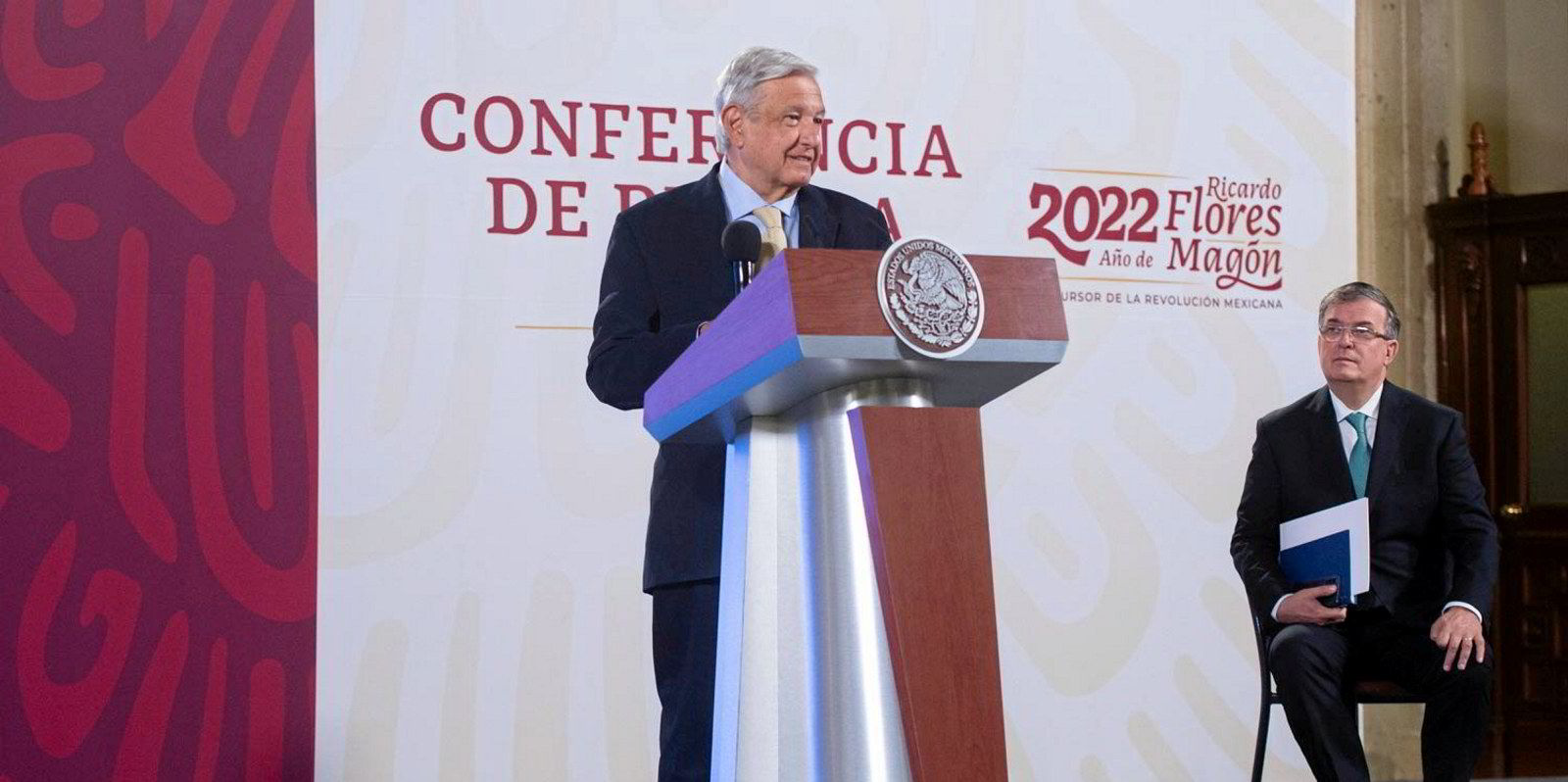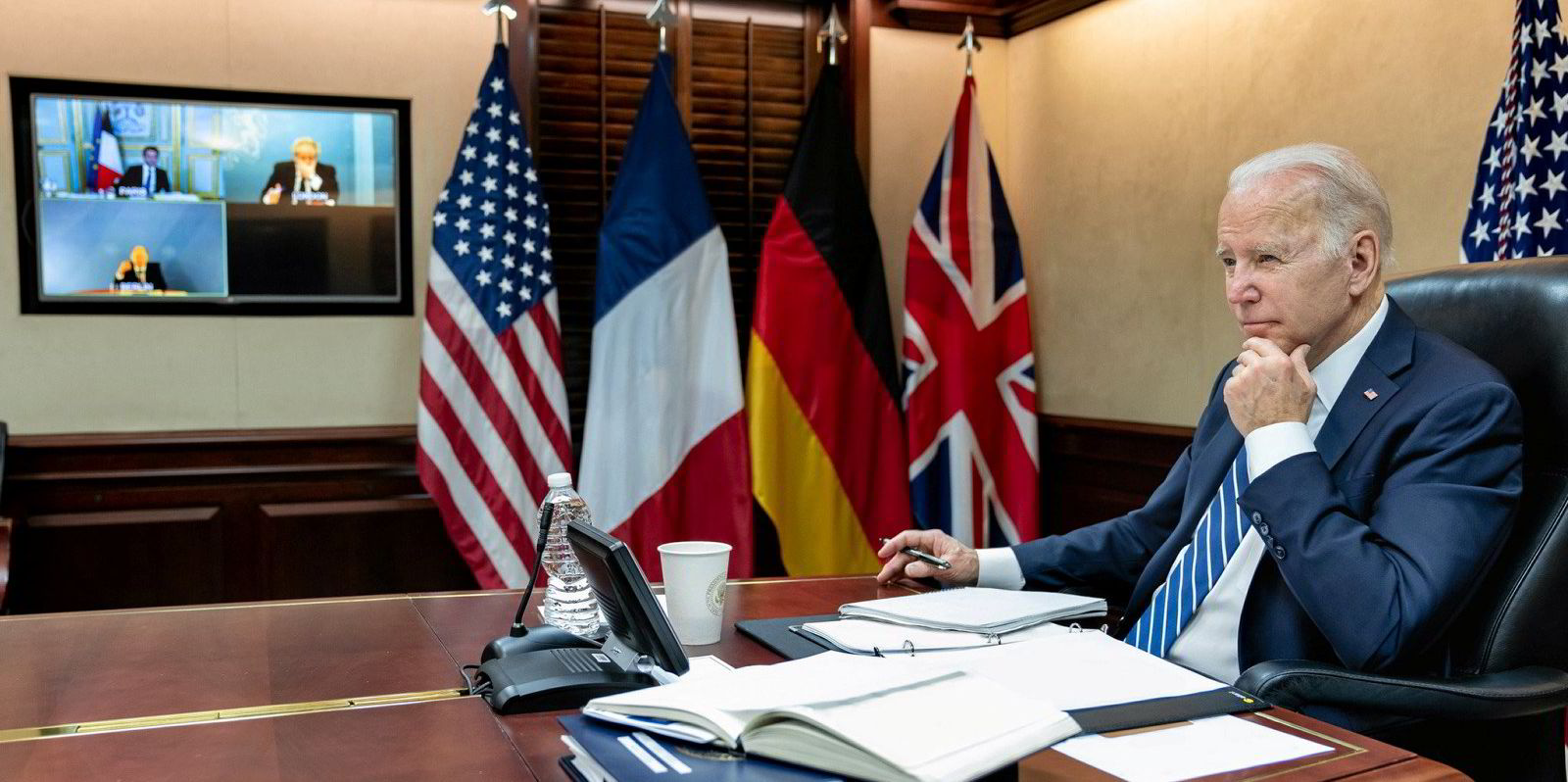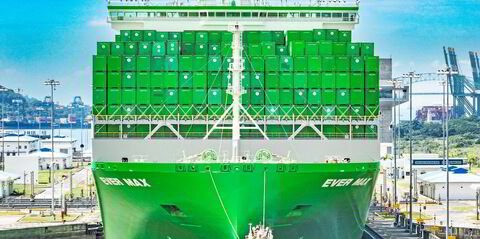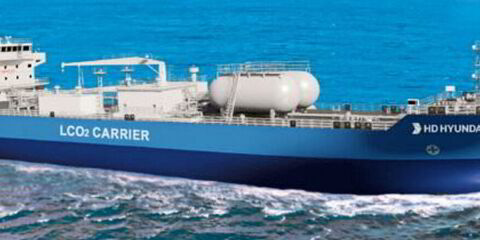Energy policy is often part of the YouTube live stream press conferences by Mexican President Andres Manuel Lopez Obrador, as he spends what is often more than two hours each day presenting special guests and taking questions from reporters on the concerns of the nation.
And on a recent day when international oil prices were surging following new sanctions on Russia, he explained why his government’s efforts to become energy self-sufficient were bearing fruit to insulate gasoline prices.
Or rather, the efforts are making use of the fruit Mexico already produces.
“It was absurd,” the president known as AMLO said, complaining of prior presidents’ oil policies that led Mexico to be an exporter of crude and an importer of refined products.
“It’s like selling oranges and buying orange juice.”
Lopez Obrador, a centre-left populist with a penchant for economic nationalism, has charted a course toward energy self-sufficiency in a bid to keep the crude produced by state-owned Petroleos Mexicanos (Pemex) at home by investing in the country’s refinery capacity.
The result could impact crude and tanker markets in the Gulf of Mexico, although the ultimate ramifications will depend on the extent to which the country can deliver on Lopez Obrador’s goal to end crude exports by 2023.
That pledge is seen as ambitious.
But Christos Papanicolaou, co-managing director at Connecticut tanker broker Charles R Weber, said the country will not have enough refined product demand to end exports of crude.
“Mexico can’t afford to become self-sufficient. I don’t believe that they can afford not to export any crude,” he said.
Already a busy charterer of product tanker tonnage, Mexico’s pledge to refine its own crude could lead it to become even more active in that market.
The self-sufficiency effort involves the construction of an $8bn refinery in Mexico’s Tabasco state, in addition to $3bn in projects to modernise six existing refineries.
Mexico’s refinery in Texas
In January, Pemex completed a deal to spend $596m to buy Shell’s half of the two oil companies’ jointly owned refinery in Deer Park, near Houston. And though this is in the US, it is part of the self-sufficiency equation, so in some way Mexico is only halting crude exports if it considers Texas part of the country. The US state has not been since 1836.
While there are doubts about whether Lopez Obrador can deliver, if he does succeed in chopping crude exports by 50%, ending exports to destinations other than Deer Park by 2023 and slashing clean product imports, brokers say it would hit both clean and dirty tanker markets.
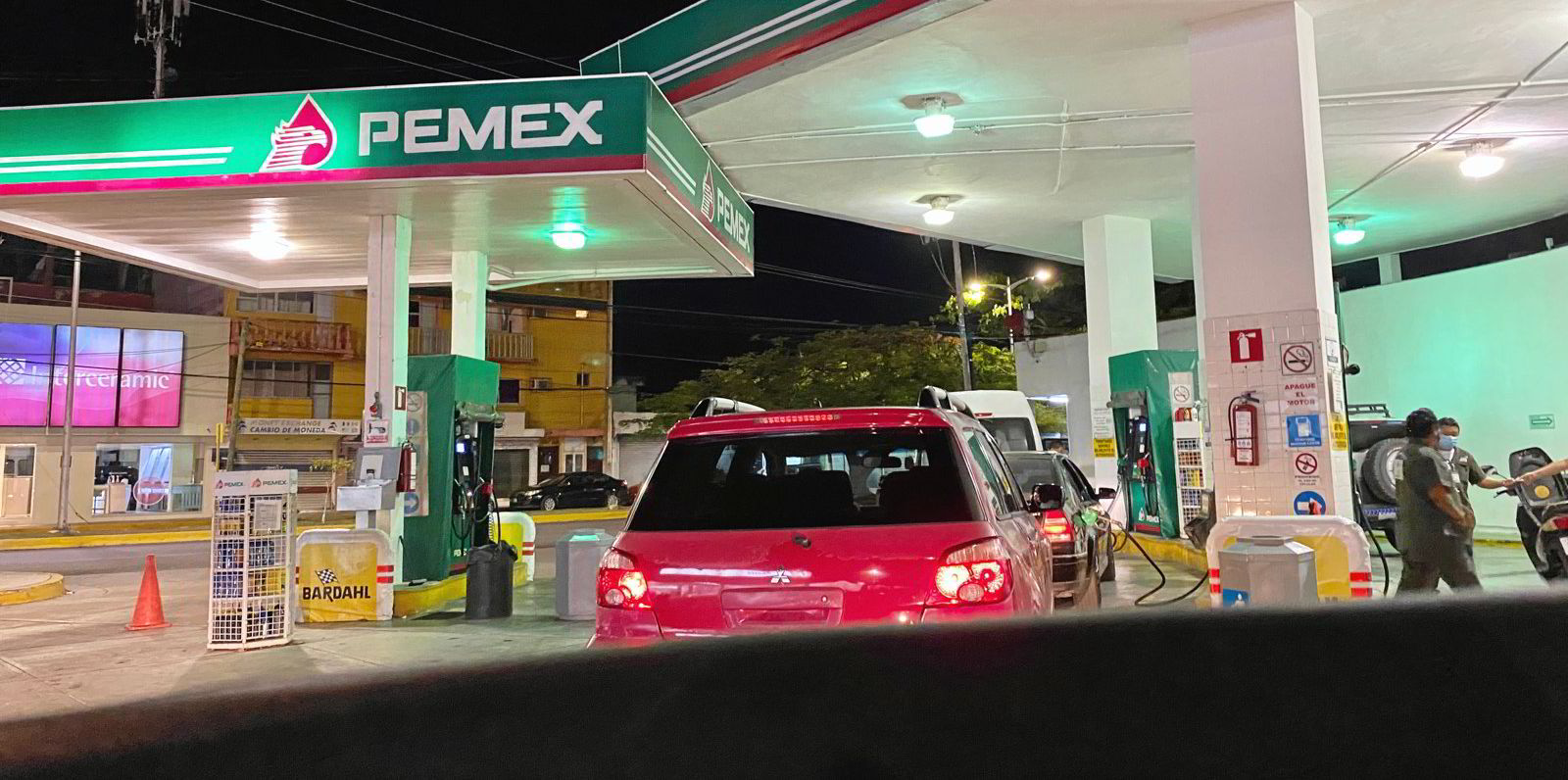
According to New York broking house Poten & Partners, most of Mexico’s crude is sent to US Gulf refineries, but some goes to Asia and Europe. Aframaxes carried 55% of Mexico’s exports last year, while suezmaxes and VLCCs split the remainder.
Poten believes aframaxes in the Caribbean would take the brunt of a slash in Mexico’s exports, rather than the longer-haul trades on suezmaxes and VLCCs.
Similarly, in the product tanker market, the shorter-haul trade on MRs carrying cargoes from the US would be sharply reduced.
But the new Dos Bocas refinery in Tabasco, scheduled to start operations in 2023, may be delayed by now or two years.
Gibson Shipbrokers senior analyst Svetlana Lobaciova recently wrote that Mexico also needs to boost refinery runs at its existing refineries to be able to meet recovering demand as the economy rebounds from the pandemic.
Investing to do that comes as Pemex faces a mountain of debt, meaning the crude exports and product imports might not live up to ambitions.
“Mexico’s crude and product seaborne trade is set to decline,” Lobaciova wrote. “The question is by how much?”
Crude exports have been declining, with data from shipbroker Clarksons showing the country’s seaborne output falling to 50.7m tonnes last year from 67.5m a decade earlier.
But Mexico’s oil production has also been on a long decline.
Amid the focus on keeping refining at home, the Lopez Obrador administration has also been pushing Pemex to end the production slump. In a time of oil market turbulence and inflation, the president sees that as a blessing.
“Of all the countries in the world, there must be 20 that produce oil — out of more than 200,” he said at the recent press conference. “We have the good fortune to have this raw material.”
